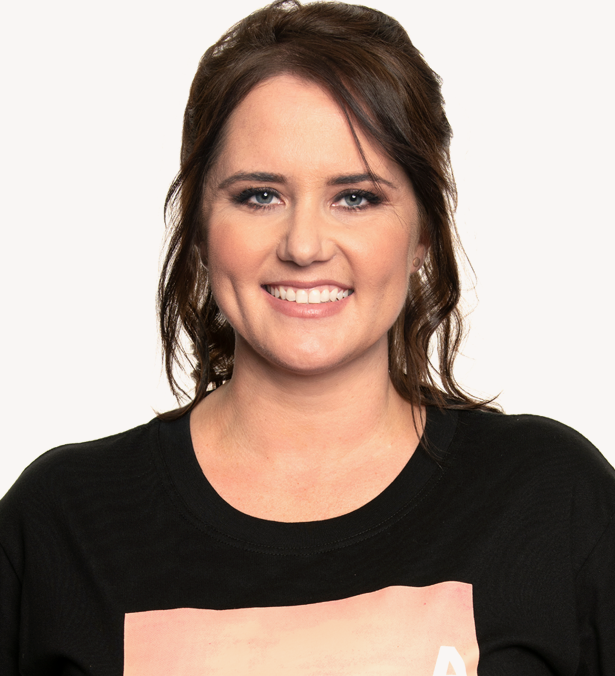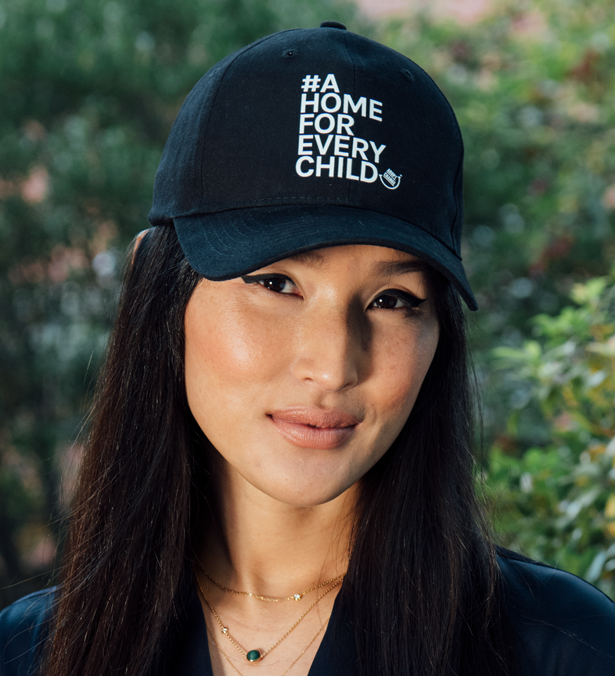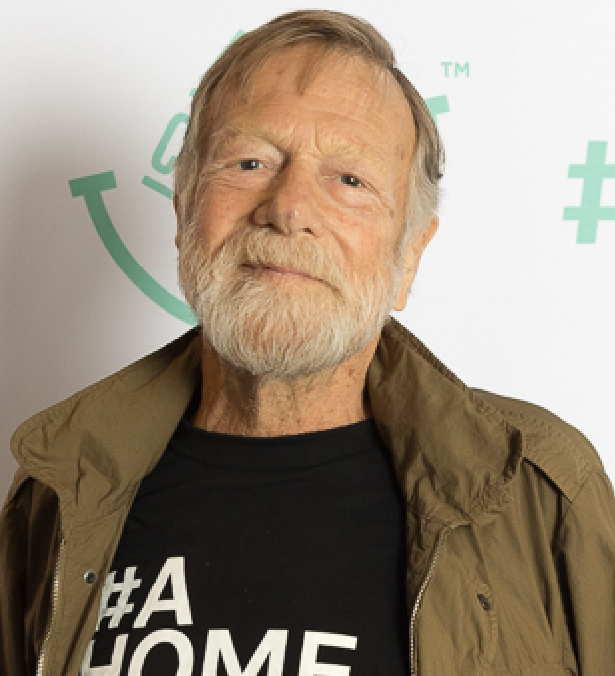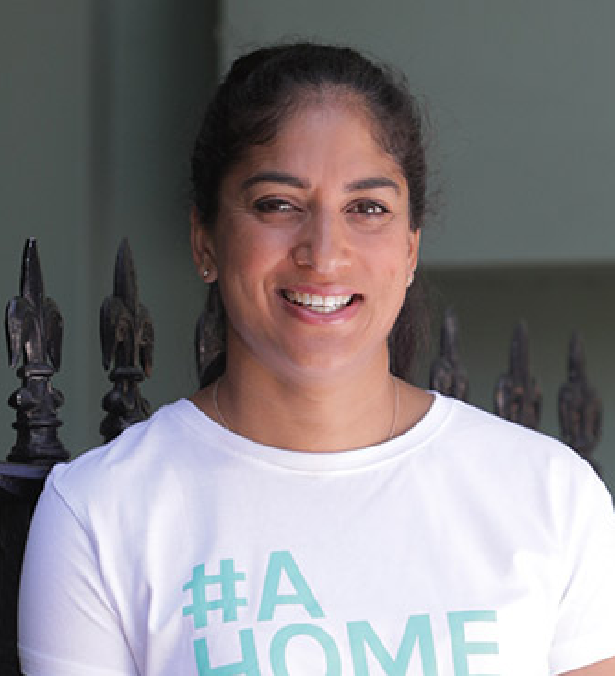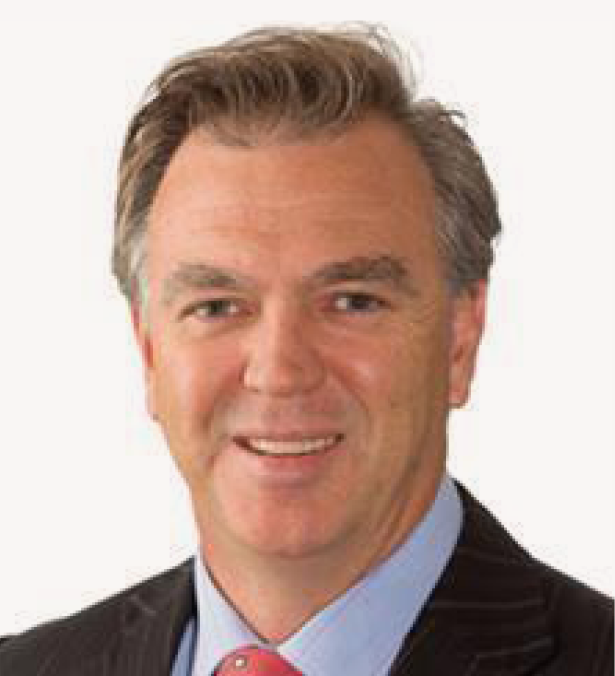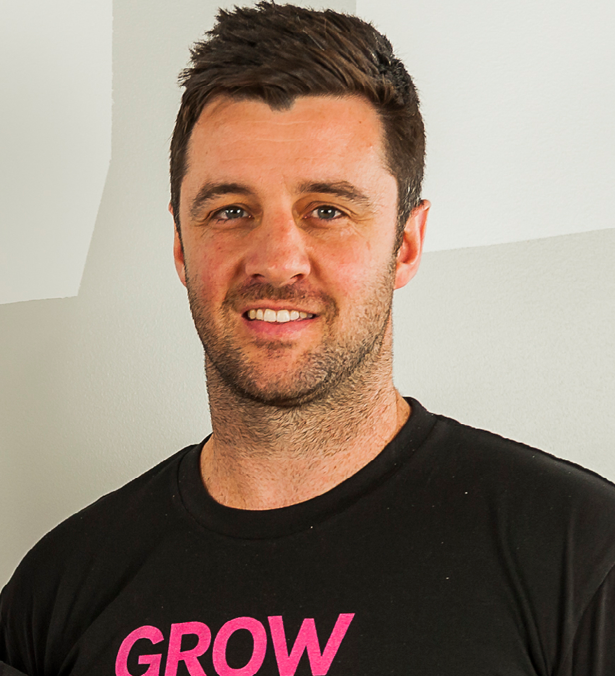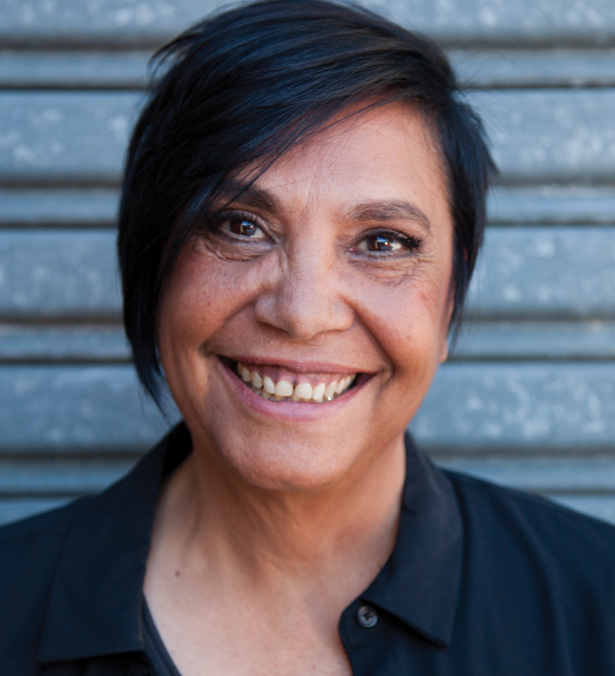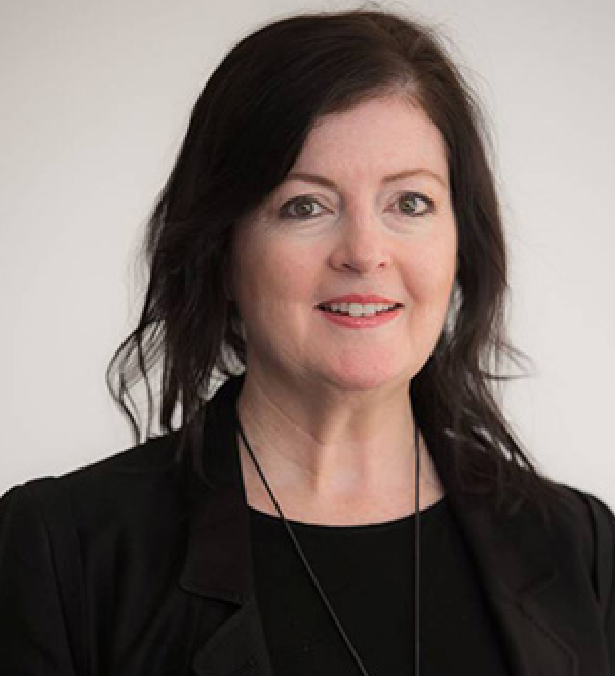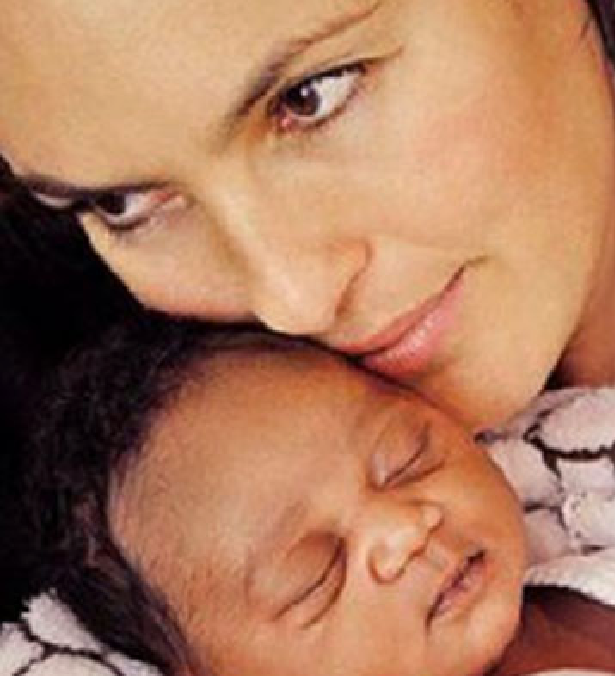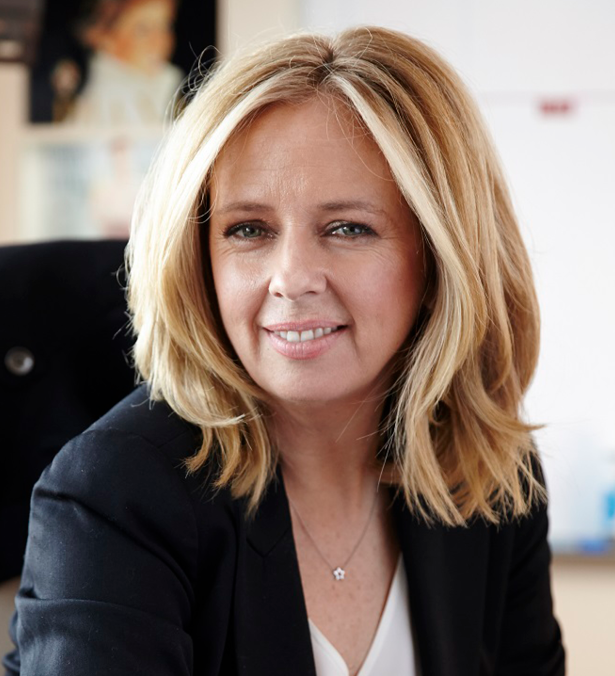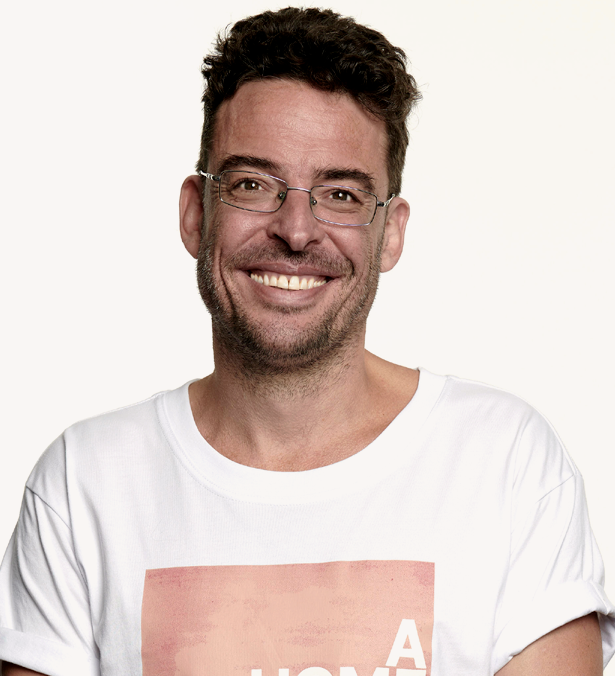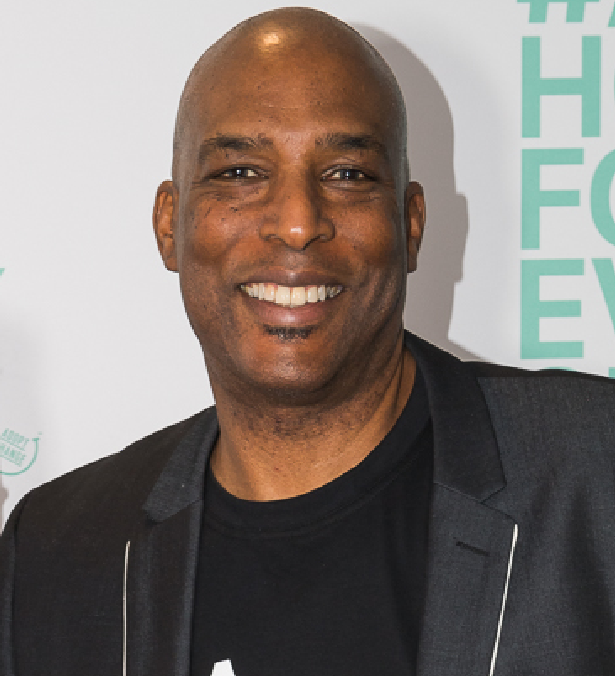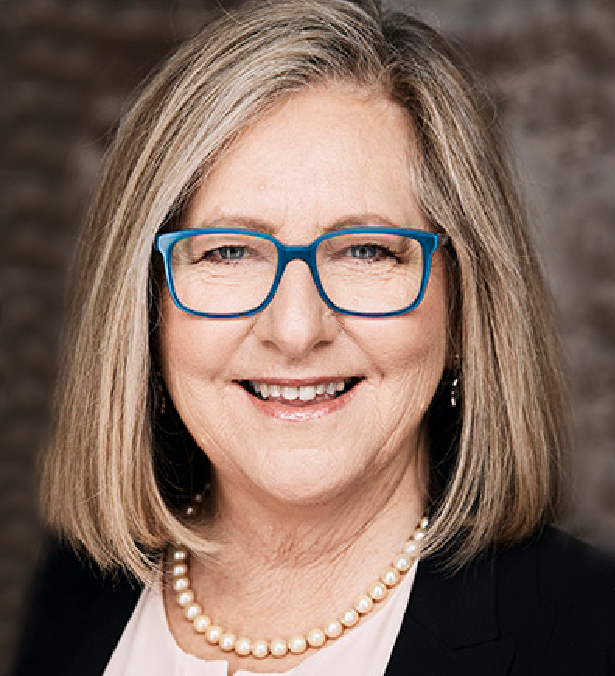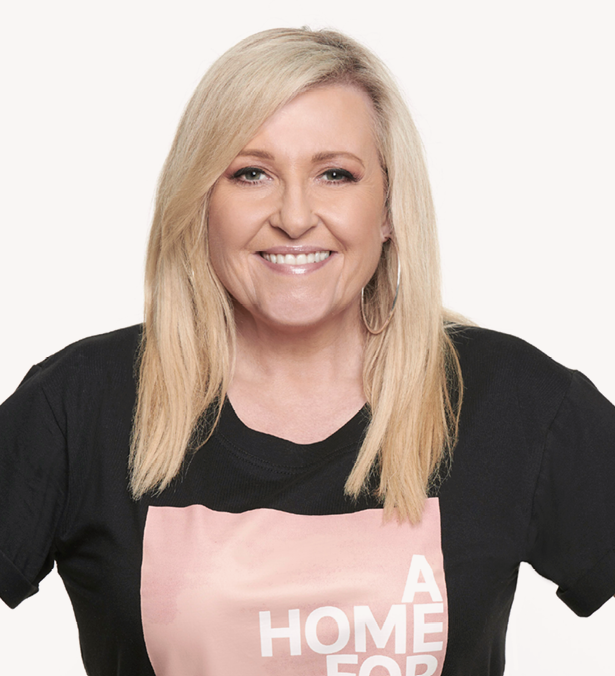National Permanency Conference brings Federal and State Ministers Together in Critical Child Protection Discussion
On the 12th and 13th of October Adopt Change will hold their National Permanency Conference, the focus of the conference is the safety and wellbeing of children. Both Federal and State Ministers will participate in the event to discuss the state of nation regarding our commitment to prioritising permanency for children in care.
Australia, 2 October 2020: Presently, there are 44,906 children living in the out of home care system across Australia, enough to fill the seats of a football stadium. Many of these children don’t find stability, moving through multiple placements. Approximately 6% of these children live in residential group homes. Childhood is fleeting and these children need nurturing, stable and ongoing care in family homes.
At the National Permanency Conference, delegates will hear from young people with first-hand experience of living in the out of home care system. They will also hear from carers, child welfare practitioners, international experts, leading academics and government. This year’s event will be held completely online and offers the opportunity for government, the sector and the community to come together to help create a vital path to permanency for children across the country
CEO of Adopt Change Renee Carter said, “This year’s conference is set to be a landmark event, we’ve created an event that brings together some of our greatest experts – those with lived experience and decision makers from across the country, to drive a positive future for our nation’s children and young people. The format of the event is completely unparalleled, to engage all involved parties in providing better childhoods.”
“The outcome we’re striving for from the conference is to ensure permanency and stability remain squarely on the political and community agenda and that we all continue to work hard within and outside the sector, to ensure every child can grow up in a safe and nurturing home and thrive.”
In the lead up to this year’s conference rapper Daniel ‘D-Minor’ Harvey shared his experience of being homeless, separated from his twin brother and multiple placements in the foster care system, “My story and my song ‘Concrete Pillow’, are about being shuffled from foster home to foster home, separated from my twin brother, expelled from traditional schooling and the struggles of being homeless.”
“For me, the opportunity to present at the National Permanency Conference is about adding my voice to a critical conversation about stability for kids in care.”
“I don’t want kids in the system to live the life I did.”
The conference, now in its fourth year, has been a vital tool in bringing governments across the country together to focus on permanency and making decisions in the best interests of the child.
Child Protection Ministers from across Australia spoke about the importance of permanency, how they have embedded permanency principles in legislation and the need to provide better outcomes for children in the lead up to this year’s conference.
Michelle Landry, Assistant Minister for Children and Families said, “Last year of the kids in out of home care for two years or more, around 60 per cent had only one care arrangement, a further 20 per cent had two care arrangements. Importantly, this is a welcome indication that many children are receiving the stable care that they deserve but clearly much, much more needs to be done.”
“Around 20 per cent of kids in out of home care had three or more placements which needs to be addressed and it is absolutely crucial young people in care have an avenue to achieve permanency.”
“Under the Fourth Action Plan of the National Framework for Protecting Australia’s Children, a Permanency Outcomes Framework has been recently agreed to and new indicators published by the Australian Institute of Health and Welfare. This action plan has also aimed to encourage timely decision making for kids in care and a national approach will be published early next year.”
Gareth Ward, Minister for Families, Communities and Disability Services (NSW) said, “[Permanency for children] is one of our Premier’s top priorities and we are ensuring we enshrine permanency in our system.
We have record reductions in children entering out of home care; we have seen a 43% drop in the number of children coming into care in 2019-20, compared to 2015-16.
Programs, such as the Multi-Systemic Therapy Program and the Functional Therapy Program are helping keep children safely at home with their family. When this can’t be achieved children need permanency through guardianship and open adoption. Over 1,000 children have exited the system to guardianship from 2017-18 to 2019-20, and in 2019-20 alone a record 162 children were adopted from out of home care.
“Children don’t belong in systems, they belong in families.”
Di Farmer, Minister for Child Safety, Youth and Women (QLD) said “In Queensland we will be marking two years next month since we introduced major reforms into our legislation to recognise the critical importance of permanency for children, especially children in care. Now, the paramount principle of the Child Protection Act 1999 requires us not just to focus on childhood, but also the rest of a child’s life. We limited the number of short-term orders that could be made and introduced mandatory concurrent case planning so that there were plans in place if safe reunification fails. We created a new Permanent Care Order for children where reunification is not an option that secures the guardianship of a child to a suitable person until the age of 18. We were also delighted to legally recognise ancient Torres Strait Islander adoption practices through The Meriba Omasker Kaziw Kazipa Act 2020, which allows for children to be adopted by relatives or other community members.
Rachel Sanderson, Minister for Child Protection (SA) said, “Where reunification with family is not possible children in care deserve the opportunity to form secure long-term relationships that support their attachments to carers and help them thrive and reach their potential, adoption is one of several permanency options that can help to achieve this and that is why the South Australian Government is seeking to expand the use of Open Adoption as a genuine permanency option for children in care.”
Simone McGurk, Minister for Child Protection (WA) said, “All care options have a place in the system. Adoption will be considered if it is in the child’s best interest.”
“The WA Government acknowledges that there is still work to do to strengthen partnerships, practice, policy and legislation to improve outcomes for all children and their families and communities.”
“For children and young people to thrive they need to consistently feel, safe, loved and nurtured. Safety and stability are our key considerations.”
Roger Jaensch, Minister for Human Services (TAS) said “Achieving permanent outcomes in a timely manner is a priority for our government.”
“We recently implemented a Strengthening Permanency Team, which will implement new permanency initiatives within the Child Safety Service to reform the systems that impede early permanency for children in out-of-home care.”
“We have implemented a permanency framework which defines a placement hierarchy preferencing preservation, restoration, third party guardianship and adoption ahead of long-term responsibility of the state which should always be a last resort.”
“The permanency framework also promotes timeliness in decision making, permanency should not take years to achieve. Long periods of instability and uncertainty create poor outcomes for children and young people.”
After four years of delivering the National Permanency Conference, Adopt Charge are pleased to see the progress being made in states and territories across the country. We will continue to work tirelessly in the pursuit of #aHomeForEveryChild.
~ END ~
For all media enquiries and interviews, please contact:
Jonathan Sweet
0400 679 329
media@adoptchange.org.au

